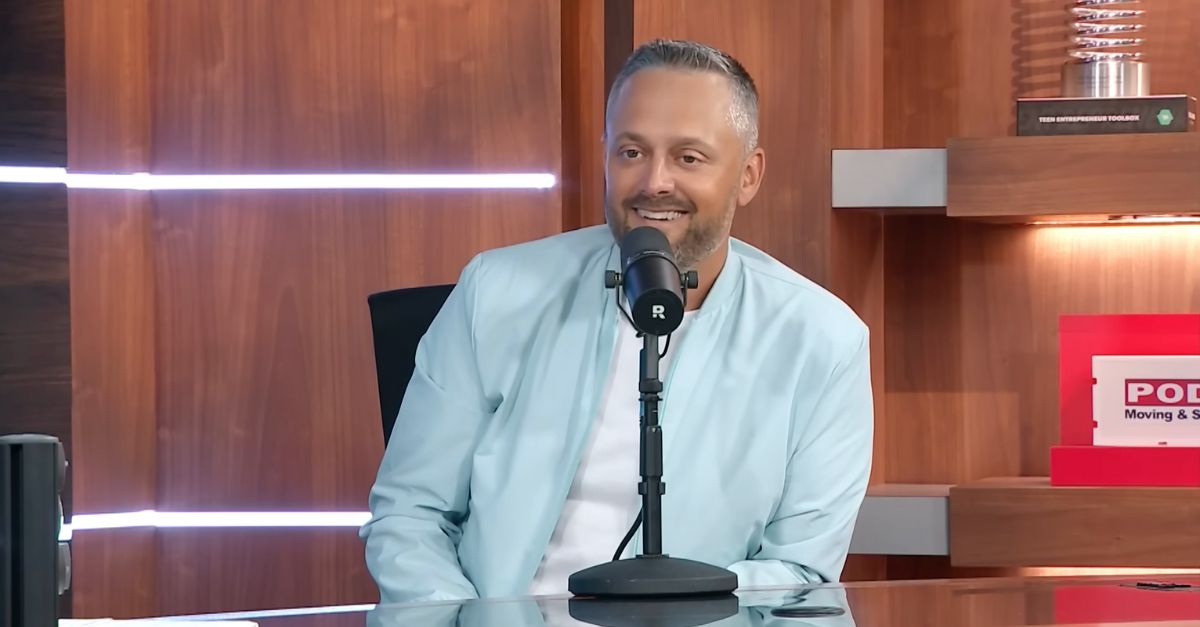CV NEWS FEED // As the Church marks two decades since the passing of Pope Saint John Paul II, his longtime biographer George Weigel is considering a question that may be premature but not unfounded: Could the beloved pope one day be named a Doctor of the Church?
The Church has always exercised caution before bestowing such a title. As Weigel noted in an April 2 article for First Things, it took 294 years for St. Thomas Aquinas to receive the designation.
“However luminous someone’s explication of the truths of the Catholic faith may seem in his or her time, the efficacy of that teaching can only be tested over generations, sometimes centuries,” he wrote.
Although he acknowledged that 20 years is too soon to formally declare John Paul II a Doctor of the Church, Weigel said that “it’s not too soon, however, to imagine why such an honor might be bestowed on him in the future.”
On average, saints are named Doctors of the Church more than eight centuries after their death. St. Alphonsus Liguori holds the record for the shortest wait — just 84 years between his passing in 1787 and his proclamation in 1871. At the other extreme, St. Irenaeus was declared a Doctor more than 1,800 years after his death. St. Thérèse of Lisieux, recognized 100 years after her passing, has the second shortest interval.
One of John Paul II’s lasting contributions lies in how he interpreted and applied the Second Vatican Council, according to Weigel. Through his encyclicals, the revised codes of canon law, and the Catechism, John Paul II provided what Weigel described as “the keys by which the Church could understand the Council’s sixteen documents as a coherent whole, a beautiful tapestry whose pieces are sewn together by the concept of the Church as a communion of disciples in mission.”
Weigel said that the pope’s mastery of both modern philosophy and Catholic tradition enabled him to restate the faith in a language the modern world could understand.
“John Paul II’s teaching preserved the wisdom of the Catholic tradition while demonstrating that even the most demanding truths of the tradition could be explicated and proposed in terms that the people of the twenty-first century could understand,” Weigel wrote.
Deeply formed by pastoral work and contemporary cultural challenges, John Paul II also diagnosed what Weigel calls “the crisis of human nature.” Against ideologies that reduce humanity to “bundles of morally equivalent desires” or deny any fixed meaning to the human person, John Paul II offered a bold, Christ-centered vision rooted in human dignity.
“John Paul’s Christ-centered humanism, his epic theology of the body, his writings on the meaning of suffering, and his ‘papal feminism’ were all effective, culture-reforming responses to the utilitarian degradation of human nature,” Weigel stated.
The Polish pontiff also saw clearly the moral prerequisites for a thriving democracy.
“[His] social doctrine sought to put the democratic project on a more secure foundation by teaching that it takes a certain kind of people living certain virtues to ensure that free politics and free economies support human flourishing and social solidarity,” Weigel wrote. “Events of the past twenty years have vindicated this teaching in spades.”
Pope John Paul II’s vision for the New Evangelization continues to shape the Church today. His pilgrimage to the Holy Land during the Great Jubilee of 2000 reminded the world that Christianity is rooted in real history and real places, and his call to “put out into the deep” still resonates as a summons to “the missionary discipleship to which they were consecrated in baptism.”
Weigel noted that, despite attempts over the years by some to diminish Pope John Paul II’s legacy, the parts of the Church that are spiritually alive and growing are precisely those that have embraced and put his teachings into practice.
“Conversely, those parts of the world Church that have ignored or rejected that teaching are moribund or dying,” he said. “That basic fact of twenty-first-century Catholic life warrants the thought that, one day, Catholicism may well acknowledge Pope St. John Paul II, Doctor of the Church.”
>> George Weigel: Next pope must defend whole Gospel, not ‘Catholic Lite’ <<


 By CatholicVote | Created at 2025-04-03 16:40:58 | Updated at 2025-04-04 17:08:04
1 day ago
By CatholicVote | Created at 2025-04-03 16:40:58 | Updated at 2025-04-04 17:08:04
1 day ago








